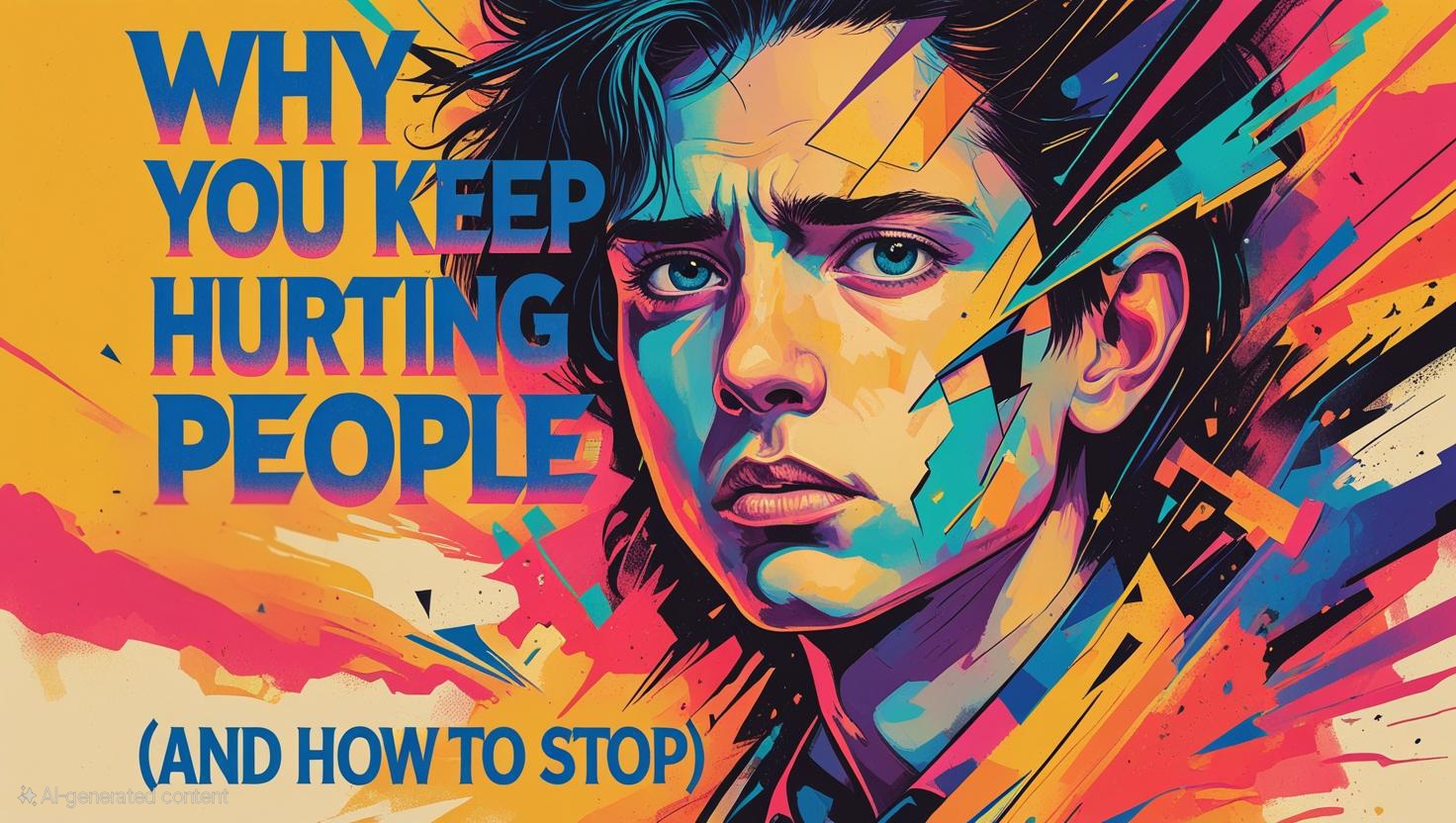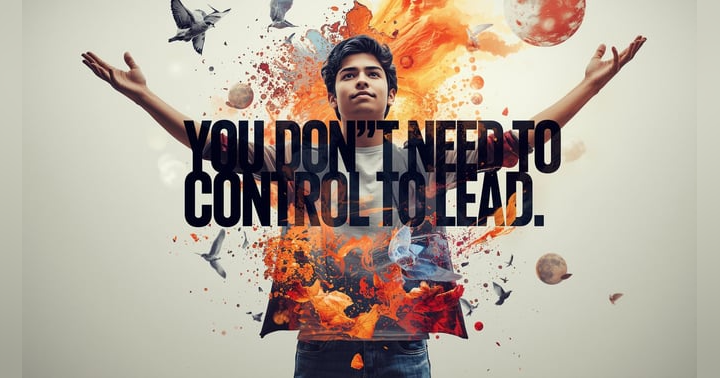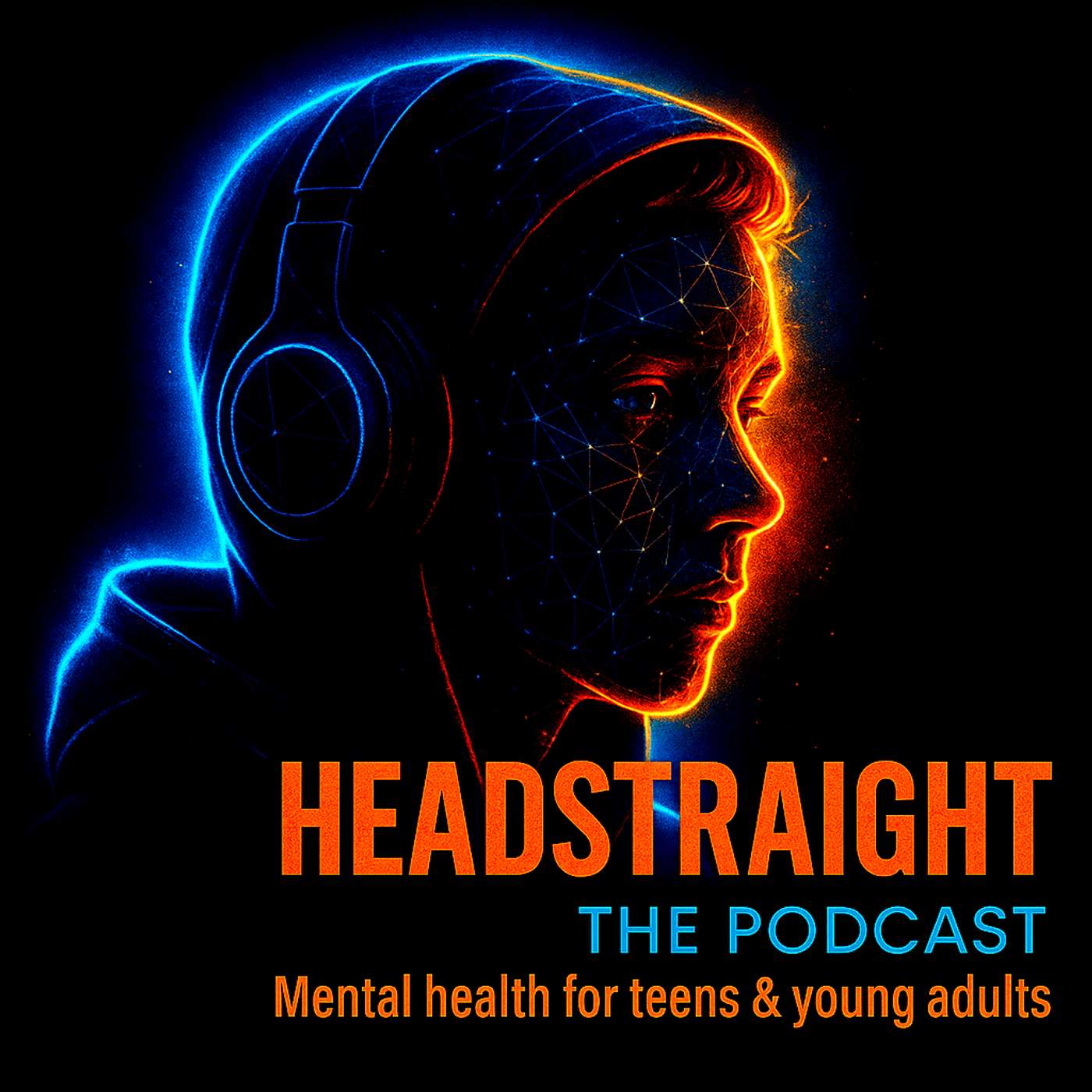Why You Keep Hurting People - (And How to Stop)

It’s not a nice question to ask yourself:
“Why do I keep hurting the people I care about?”
But the fact that you’re asking it says a lot. It means you’ve noticed the pattern. It means you care about the impact you’re having. And most importantly — it means you want to do something about it.
Whether someone’s called you out, pulled away, or you’re just lying awake replaying something you wish you’d handled better — this episode of Headstraight is for you.
🎧 Listen here:
Want to listen on your prefered platform?
You’re not evil. You’re human.
Let’s get something clear upfront.
Hurting people doesn’t make you a bad person. It makes you human.
But being human isn’t an excuse to keep doing it.
This isn’t about shame or blame — it’s about taking responsibility.
It’s about being honest with yourself and learning to interrupt a cycle that’s doing damage, even if you never meant it to.
It usually starts inside you
Most of the time, hurting others isn’t about them. It’s about what’s going on inside you.
Think of it like carrying around a heavy, invisible backpack — full of things like stress, insecurity, jealousy, resentment, or shame.
You try to keep it closed, pretend it’s not there… but eventually, it spills out. Usually onto the people closest to you.
You snap when you’re overwhelmed.
You shut people out when they get too close.
You lash out to regain control or make a point.
You throw words like weapons, then regret them minutes later.
If any of that sounds familiar, you’re not alone.
The real question isn’t, “Why do I keep doing this?”
It’s, “What am I carrying that makes me respond this way?”
Good intentions don’t undo the impact
Maybe you’ve said it before: “I didn’t mean to hurt you.”
And that might be true.
But someone’s pain doesn’t go away just because you didn’t mean it.
Think of it like this: if someone accidentally steps on your foot, it still hurts. Same goes for emotional injuries.
Intentions matter — but they don’t erase impact.
So instead of defending yourself or explaining it away, try asking:
“What did I actually do?”
“What effect did that have on them?”
“What can I take responsibility for?”
Reacting on autopilot
Here’s the frustrating part — even when you want to stop, change can feel impossible.
Why? Because your brain’s wiring plays a big part.
When you're triggered, your emotional brain (amygdala) can take over before your logical brain (prefrontal cortex) has a chance to step in.
You react first — maybe with anger, silence, sarcasm, blame — and the sensible thinking.? Sometimes it takes a while to kick in.
In the moment, it might even feel satisfying.
But the guilt comes quickly.
And the clean-up? That takes a lot longer.
So what do you do?
Let’s break it down. This is where the real work starts:
1. Name what you’re carrying
Ask yourself:
What’s underneath my reaction?
Am I feeling rejected, disrespected, insecure, ashamed?
Am I reacting to this actual moment — or to something that happened a long time ago?
Once you can name it, you’re in a better position to deal with it directly — without making someone else pay the price.
2. Recognise your triggers
Start building a list. What likely to set you off?
Being ignored?
Feeling criticised?
Being asked too many questions when you’re stressed?
Feeling like someone’s crossing your boundary?
When you know your triggers, you can start to interrupt them — instead of being dragged along by them.
3. Practice the pause
Before you fire off a response, try this:
Stop. Literally stop talking.
Take a breath.
Ask yourself: “What’s really going on here?”
Can I wait 10 minutes before I speak?
That pause gives your brain time to switch gears — from reaction to reflection.
4. Own your behaviour, not just your feelings
Don’t stop at “I was just upset.”
A real apology sounds like:
“I know I hurt you, and I’m sorry. That wasn’t okay.”
“I let my frustration spill out, and that’s on me.”
“I want to understand how this affected you.”
Then — and this is key — you change.
Without change, apologies are just empty words. So don't even bother.
5. Set boundaries — without blowing things up
Sometimes you lash out because you’re protecting something — your peace, your pride, your vulnerability.
That’s valid. But it’s how you protect yourself that matters.
Boundary-setting isn’t about shutting people down or cutting them off mid-sentence.
It’s about being clear, calm, and firm.
Try:
“I need to step away for a bit. I don’t like how I’m reacting.”
“This conversation isn’t working for me right now. Can we pick it up later?”
You’re allowed to protect yourself.
You’re just not allowed to harm others in the process.
A different kind of strength
Owning the hurt you’ve caused takes courage.
So does making a change — especially when that change feels uncomfortable.
But if you care about the people in your life…
If you want better relationships…
If you’re tired of the guilt, the fallouts, the regrets…
Then this is your next step.
To sum up
Your reactions make sense — but they’re still yours to manage.
You don’t have to stay stuck in patterns you hate.
You can learn to pause, reflect, and show up differently.
That starts now.
You don’t need to be perfect.
Just present.
And willing to do the work.
Next up…
In Episode 8, we’re getting into boundaries — the real kind.
Not the Instagram quotes, not the vague advice.
We’ll talk about why setting boundaries feels awkward, what to say when guilt kicks in, and how to stand your ground without damaging your relationships.
You won’t want to miss it.



